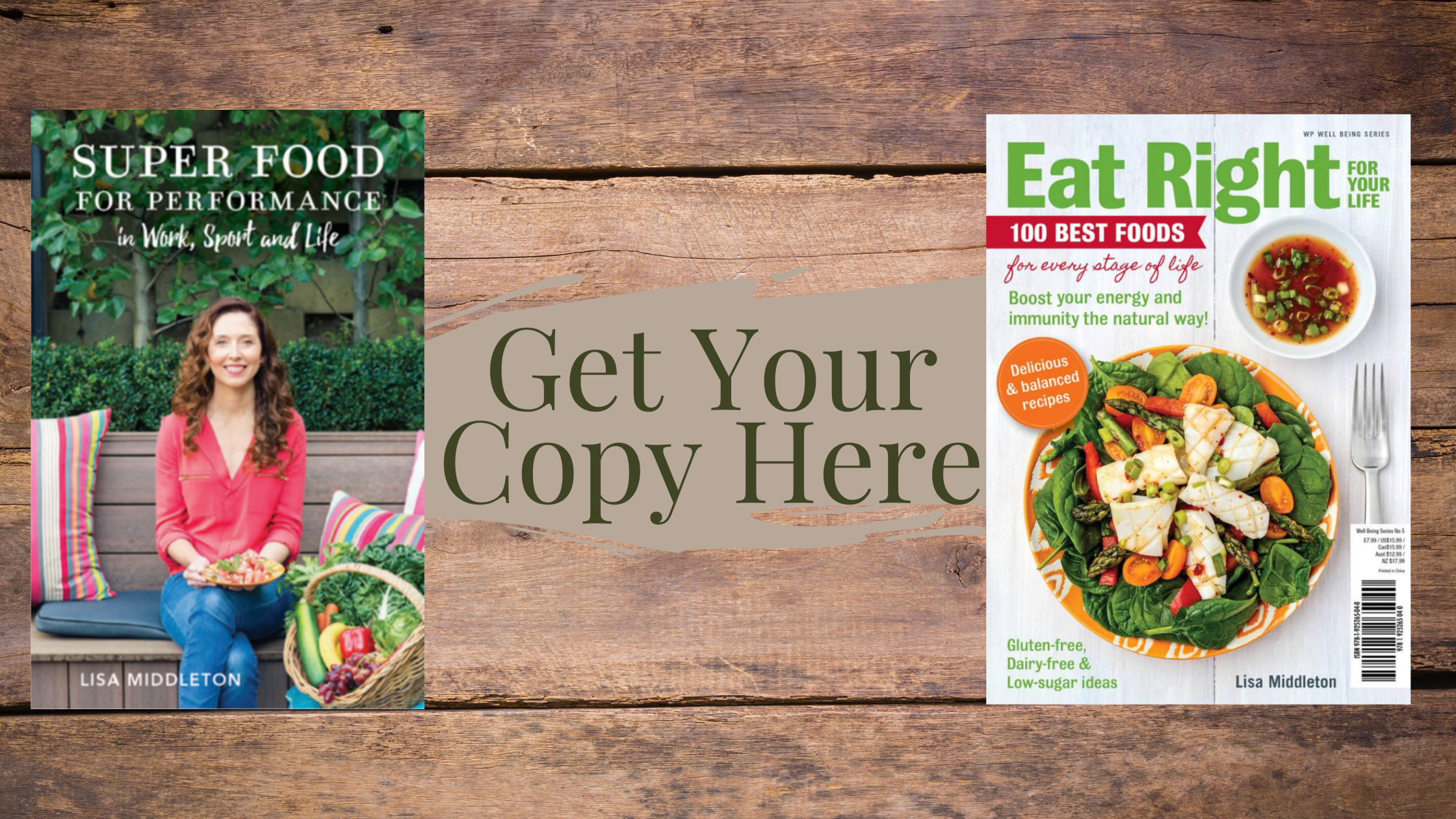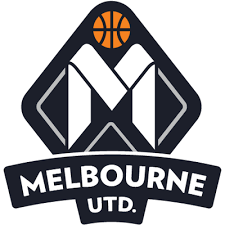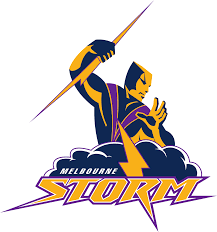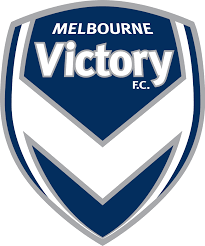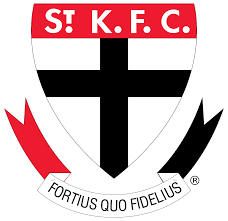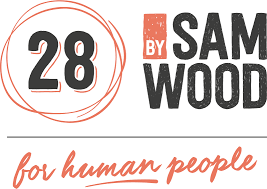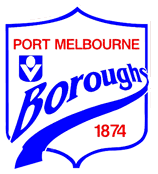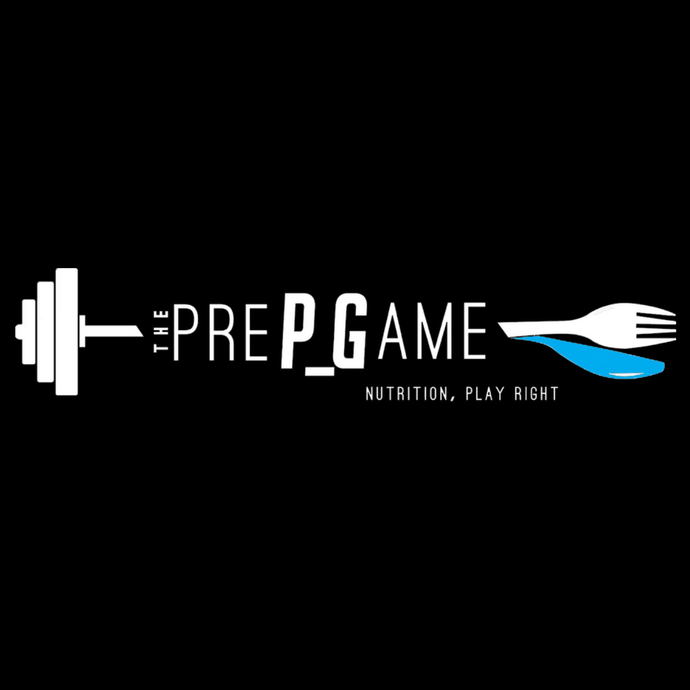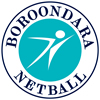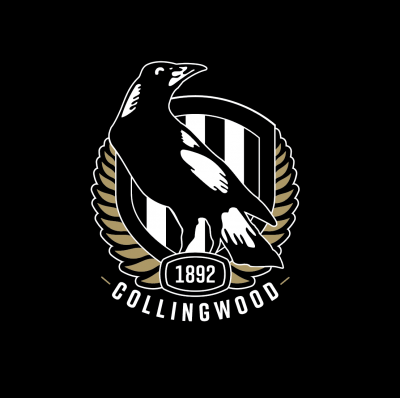Game day nutrition plans are usually well practiced and refined by the time grand final day arrives, but on the big day these strategies are often challenged by a number of September factors. I cannot claim to know the exact nutrition plans for the Hawthorn and Sydney FC players this week, but I can write from my previous experiences with finals football. I have been fortunate enough to work with AFL teams in five grand finals, including the week leading up to the game, and at the ground as the players arrive for their last warm up for the year. I have seen nutrition strategies work well but have also seen some on shaky ground due to factors which are largely difficult to control but need to be considered and planned for.
Grand final week is a week like no other for an AFL player. In fact, it may be the only time they experience grand final week from a player perspective in their entire life. During the season, nutrition plans are created and trialed to ensure optimal fuelling, recovery, health and body composition and most players have a fine-tuned pre-game nutrition routine that is flexible depending on game times and location but reasonably consistent week-to-week. Players work with an accredited sports dietitian at most clubs to determine what works best for them the day before a game and then on game day. Players will have different requirements in terms of the type of foods, nutrients and timing depending on a number of factors including playing position, body weight, individual hydration considerations, climate and travel. By the end of the season it should all be pretty well rehearsed. Often things do run pretty smoothly up to preliminary finals, but those 7-8 days prior to the grand final bring various challenges. Of course the club tries to keep things as normal as possible and treat it as just another week and another game, but it obviously isn't. In terms of nutrition, a grand final brings significant challenges that are not always controllable. There are additional activities that are compulsory for the players and quite unlike a normal week, in particular the Grand Final parade which is scheduled just over 24 hours pre-game. Who came up with this concept I am not sure....it is great for building the excitement in the city, and for the wider community and supporters who can't get to the game because of all the corporates, plus a great activity for kids on school holidays, but in terms of preparation it is probably less than ideal for the players! Players have to travel into the city, wait around for the parade to start, then sit in the trays of utes (often out in the blazing sun), all when they could be relaxing and preparing. Considering that usually on the day before a game players have their own individual routine that might be quiet and low-key, with no restrictions on timing of meals and fluids, players need to be organized to ensure adequate nutrition and fluids during this time.
Speaking of fluids, September in Melbourne is ridiculous when it comes to weather. I recall one grand final I was involved with was hot and windy, another winter-like conditions and rain. If it is hot, it can often be the hottest day for 6 months and players are not accustomed to playing, and drinking, in that type of heat. At least players from both teams are subjected to the same conditions but how it is managed in terms of cooling and hydration strategies could become important. So, the weather can impact on hydration but there is a bigger factor that can play havoc with the best laid nutrition plans, and this is not specific just to AFL football but any major sporting events - nerves (for want of a more technical description).
In many ways a grand final is just another game, but in other ways it is not. If you play in a grand final and your team wins, you are a premiership player for life. If your team loses, you are not, simple really. The winners will be recognized for life and earn a coveted medal that all AFL players crave. I am certainly not a psychologist, but it is clear that there is both internal and external pressure created, and some players manage this better than others. I have frequently heard athletes say that if they don't feel nervous they won't perform well, so butterflies in the stomach can be helpful, perhaps because if you feel anxious it means whatever you are nervous about means a lot to you and you really want to do well. Some players thrive on the 'big-game' pressure and it brings out their best, others may be terribly nervous but can turn this around into a positive, and others can have a terrible time that interferes with them performing at their best. These nervous feelings can have a psychological impact, but also a physical impact that can impact on nutrition and hydration strategies.
A common side-effect is stomach upset, which can impact on appetite and make it difficult to consume regular pre-game intake both the night before and on game day itself. This effect is not exclusive to AFL. I see a lot of elite and recreational athletes who train for events such as a marathon or ironman triathlon, events difficult to simulate in training and that require extensive preparation for that one day, whose nutrition plans are severely impacted by nervousness on the day. The type of foods that are usually consumed may need to be altered, for example a change from a dense oat-based cereal breakfast to a lighter toast option, lower-fibre options and avoidance of dairy for improved gastrointestinal comfort.
Often nutrients are more easily tolerated via fluids rather than solid foods, so these can be a good option for athletes who struggle to eat pre-event. But over-drinking can be another concern. Fluid intake can easily be over-done pre-game when nerves are involved, with players taking sip after sip as they count down the minutes to game-time, so fluid intake should be monitored so players don't feel bloated and racing to the toilet all the time. If gastrointestinal symptoms are severe, players may struggle to eat much at all. I will always remember one grand final where we were providing regular small doses of lemonade, rice crackers and electrolytes throughout a game to one player who was really struggling and it was all he could manage. Not quite the usual theoretical sports nutrition recommendations, but it worked for that player on that day, sometimes you have to compromise and be creative.
Of course not all players experience disruptive physical symptoms, but they still have the challenge of timing their nutrition on the day. Ideally it would be good to wake at the usual time and stick to the usual breakfast then snack and/or light lunch before heading to an afternoon game. But players always like to make sure they get to the ground in plenty of time on Grand Final day, so with a 2.30pm start it means that players are likely to be in transit in that 2-3 hours prior to the game, when theory indicates is an ideal time for pre-event nutrition. With lots of things on a player's mind on the day, prior organization is paramount to ensure optimal fuelling in those critical hours.
As important as nutrition is, it is one of a number of factors that contribute to performance. Never is this more evident than on grand final day. Just think of those players who are injured and play out the game with a broken hand or finger, those who have ran and ran all day but still find that extra few metres of speed, and those who I have observed that you know would literally have no fuel left in the tank but still, somehow, manage to reach the contest and punch the ball away. It's why we love sport and why we love Australian Football. The psychological drive seems to be able to over-ride a lot of the physical aspects that would normally limit us (happy for any experts who may have research papers on this to chip in here!). That quest for a premiership....an individual medal, but more importantly a win with your team who have worked so hard all year, and for your club, to be remembered in history for years to come. A premiership win is the ultimate for AFL players, and although it may seem like I am over-dramatizing a little, for AFL players on grand final day, and many other athletes at their pinnacle events, they are playing for their lives. Not playing to stay alive (well perhaps to keep their career alive), but playing to achieve something that to date they have dedicated their whole life to.
Even if the parade and grand final day means nutrition is not always perfect in terms of sports nutrition strategies, any potential benefit that nutrition can still bring makes me feel happy! We know that pre-game and during the game nutrition can often be slightly different for a grand final, but what about recovery on grand final day? There are no specific recovery strategies on grand final day because there is nothing immediate to recover for. But one thing is certain, after the siren sounds, half the players on the ground will be swallowing tears of utter joy and jubilation, and the other half will be stuck with tears of absolute disappointment and despair. Let's hope all the players in this years Grand Final can manage their nerves and nutrition as best they can and play their best game for the year.
*Photo courtesy of www.sherrin.com.au






